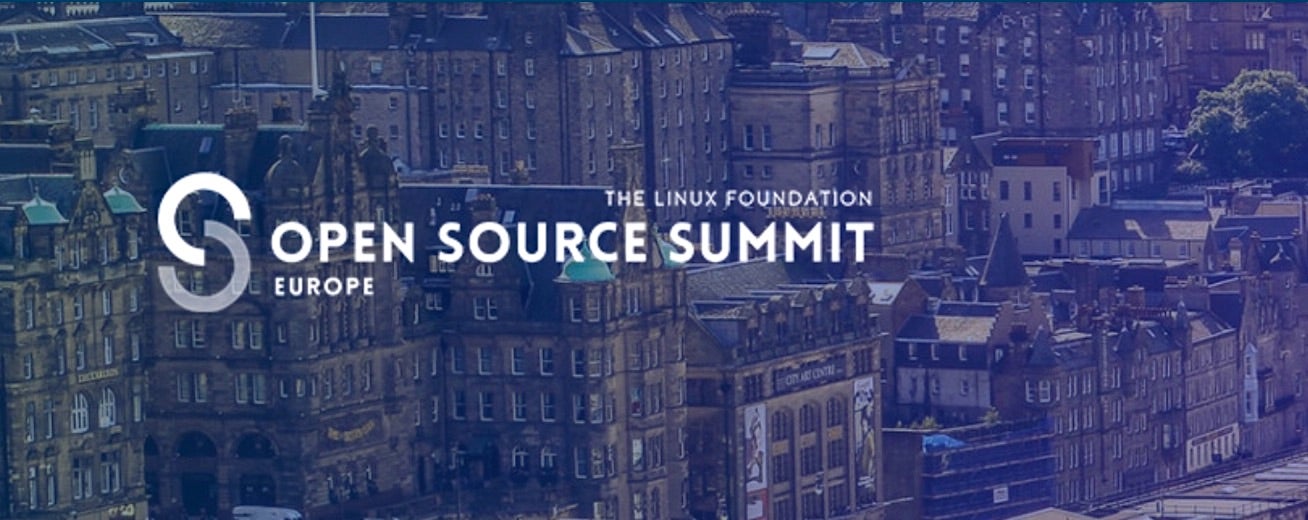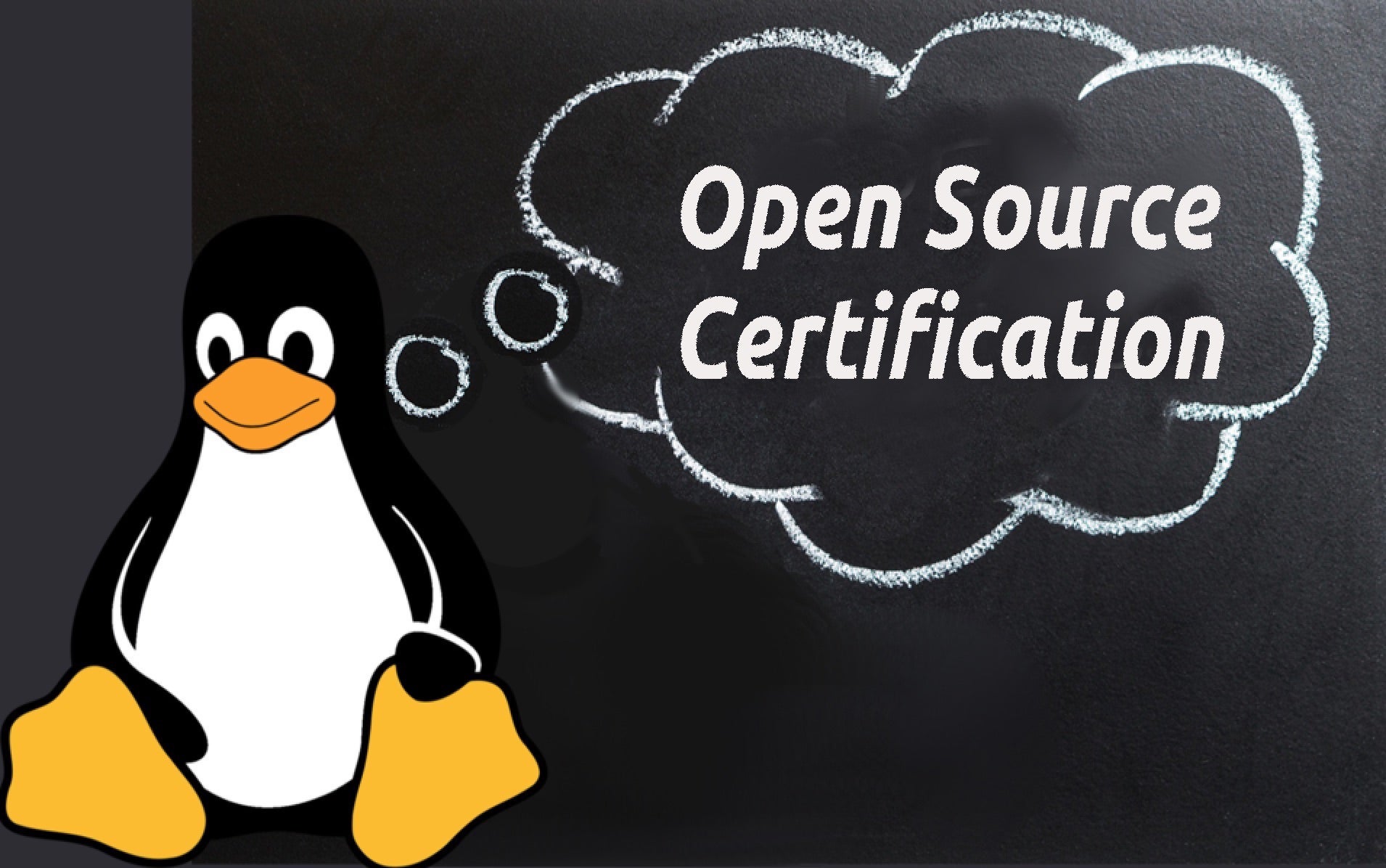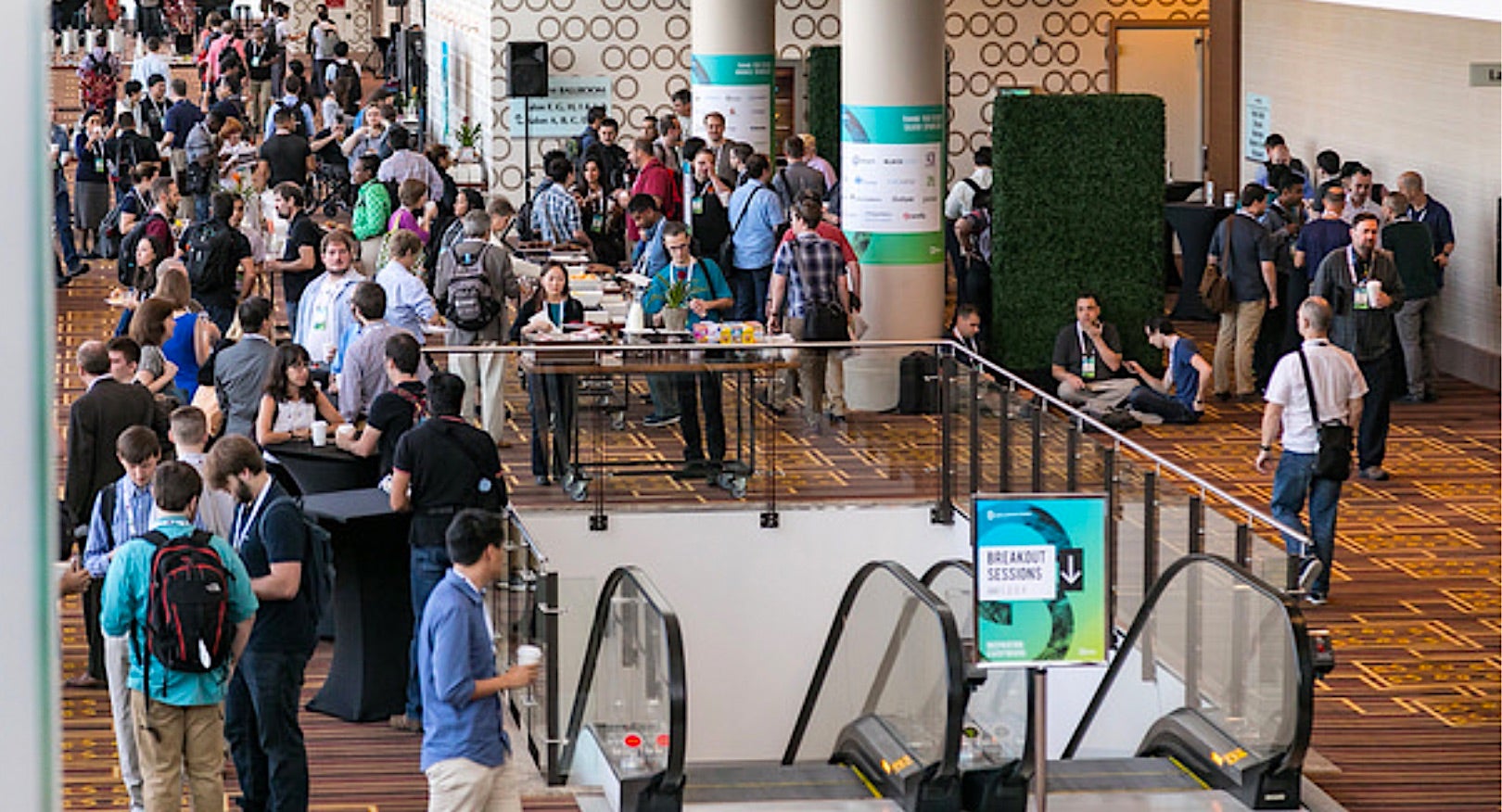July was a hot month for certification on Linux.com. In case you missed it, we covered the open source certification process in a series of articles examining why certification is important, general tips for success, specific advice for exam prep, and answers to some commonly asked questions. Learn more and check out this year’s LiFT scholarship opportunities as well.
“As open source has become the new normal in everything from startups to Fortune 2000 companies, it is important to start thinking about the career road map, the paths that you can take and how Linux and open source in general can help you reach your career goals,” says Clyde Seepersad, General Manager of Training and Certification at The Linux Foundation.
5 Reasons Open Source Certification Matters More Than Ever
Here, we cover the growing need for certification and some of the benefits of obtaining open source credentials.
Tips for Success with Open Source Certification
We look at the kinds of certifications that are making a difference and what is involved in completing necessary training and passing performance-based exams, with tips from Clyde Seepersad.
Open Source Certification: Preparing for the Exam
In this article, we focus on preparing for exams, what to expect during an exam, and how testing for open source certification differs from traditional types of testing.
Open Source Certification: Questions and Answers
In the final article of the series, Seepersad answers some commonly asked questions pertaining to certification and exam-taking.
Achieving the level of Linux Foundation Certified System Administrator or Engineer is no small feat, so The Linux Foundation also offers this free certification guide to help with preparation. In this guide, you’ll find:
-
Critical things to keep in mind on test day
-
An array of both free and paid study resources
-
Tips and tricks that could make the difference at exam time
-
A checklist of all the domains and competencies covered in the exam
LiFT Scholarships
For the eighth year in a row, The Linux Foundation Training (LiFT) Scholarship Program is also providing training opportunities to developers and sysadmins who may not otherwise have the ability to attend courses. This year’s program will award training scholarships to 16 individuals in eight categories who want to contribute to the advancement of open source software. An additional 15 scholarships will be awarded in the Open Source Newbies category. Learn more about the application process here.




